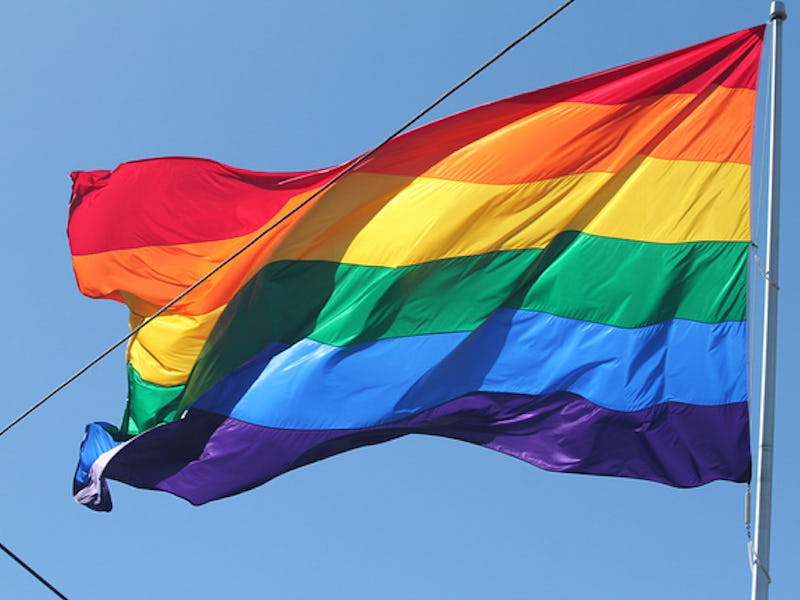Believe It or Not, Slacktivism Works
When lazy social media stands actually pay off.

If you’ve perused Facebook since last Friday you’ve undoubtedly seen the profile pictures of your friends adorned with a ROYGBIV hue to honor the Supreme Court’s landmark decision to uphold same-sex marriage nationwide. More than 26 million users have become so-called slacktivists by changing their profile pictures using the social networking site’s photo editing tool, which is meant to allow users to celebrate pride in an easy way. It’s a part of a larger social media trend to raise awareness for social issues, but does it really make a difference?
In short, yes. It’s small, but you might be moving the needle ever so slightly.
Changing profile pictures or posting messages with hashtags like #LoveWins sounds easy, but pointed messages like that could carry legitimate social clout instead of something like strict policy changes. For instance, Facebook scientists found that a recent campaign by the Human Rights Campaign, which similarly allowed users to swap their profile picture with the HRC’s equal-sign logo, had a positive domino effect among groups of friends. If people saw their friends doing it, they were more likely to change their photo for the cause as well. It’s like an innocent, socially minded peer pressure.
Slacktivism like that thus added to the social groundswell of support for an issue, all because people simply clicked a button to change a photo.
Most of the transparency is largely dependent on who you follow or who your friends are on social media, though the outliers could still spark a slight movement towards a shifting opinion. Even if you see that one guy from your old calculus class in high school change his avatar or slap up a hashtag, it still forces you to momentarily think about an issue whether you like it or not, and affords the opportunity to engage with it when you otherwise wouldn’t give it the time of day. An LGBT pride-tinted photo is a subtle enough move that it might not piss off gay-marriage opponents, making the incremental gesture a feature, not a bug.
Doing next-to-nothing is still doing something, even if it isn’t necessarily changing policy. Pitch in where you can. Other people in your feed may take notice.